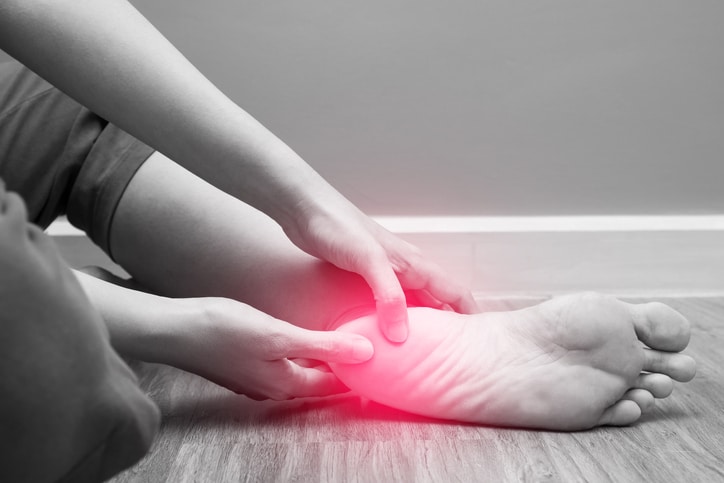You may think that you’re healthy if you’ve been good at avoiding serious injuries and accidents. Truthfully, those can be more traumatic, and we’re glad you haven’t had to experience them. But, you can injure yourself in other ways. Performing the same task over and over can take its toll. Keep reading to learn about repetitive strain injury and how we can help you recover from yours.
What is a repetitive strain injury?
Repetitive strains (or shortened to RSI for repetitive strain injury) refers to a wide variety of problems that can occur. An RSI can affect almost any movable part of the human body.
The main causes of RSI that we see are from manual labor, office work, sports, and the use of cellphones or other technology. There are many different kinds of repetitive strains, and there are different ways of treating and preventing them. Though you may think of repetitive strains being linked to technology, that’s not the only thing that can cause them. Granted, technology has led to more repetitive injuries being reported. This is why proper placement of your hands and ergonomics are so important in the workplace.
Repetitive tasks, forceful exertions, vibrations, and sustained or awkward positions can all lead to the development of repetitive strain injuries. You may hear of this being called repetitive motion injuries, repetitive motion disorder (RMD), cumulative trauma disorder (CTD), occupational overuse syndrome, and regional musculoskeletal disorder. Though they all sound different, they are truly just referring to the same injury type.
Keep in mind that repetitive stress can look different in different parts of the body. If you experience any of the below symptoms, please schedule an appointment with your physician.
You may have repetitive strain injury if you have:
- repeated tingling in the arm or hand
- tenderness or pain
- a pulsating or throbbing feeling
- numbness or loss of sensation
- loss of strength
Call us today at (210) 696-9000 to schedule a consultation. We can help you understand what caused your injury, and create a treatment plan to help you feel good again.


